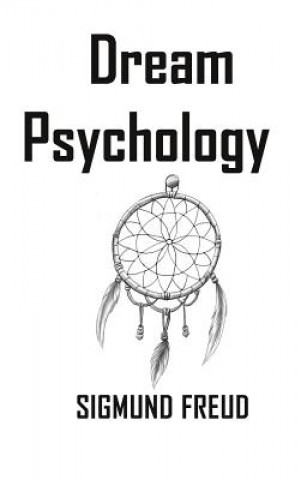
Kod: 02818297
Dream Psychology
Autor Sigmund Freud
Dreams, in Freud's view, are all forms of "wish fulfillment" - attempts by the unconscious to resolve a conflict of some sort, whether something recent or something from the recesses of the past (later in Beyond the Pleasure Princ ... więcej
- Język:
 Angielski
Angielski - Oprawa: Twarda
- Liczba stron: 128
Wydawca: Ancient Wisdom Publications, 2015
- Więcej informacji o książce

Zobacz książki o podobnej tematyce
-

Mieruko-chan, Vol. 1
57.35 zł -5 % -

Act Your Age, Eve Brown
48.82 zł -14 % -

Star Wars: The Han Solo Trilogy - Rebel Dawn
41.38 zł -5 % -

Anna Karenina
62.78 zł -15 % -
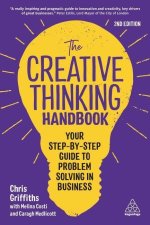
Creative Thinking Handbook
101.36 zł -4 % -

JK Haru is a Sex Worker in Another World
57.56 zł -14 % -
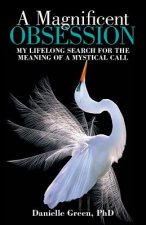
Magnificent Obsession
82.47 zł
Bon podarunkowy: Radość gwarantowana
- Podaruj bon o dowolnej wartości, a my się zajmiemy resztą.
- Bon podarunkowy dotyczy całej naszej oferty.
- Możesz wydrukować elektroniczny bon z e-maila a następnie przekazać go obdarowanemu.
- Ważność bonu wynosi 12 miesięcy od daty wystawienia.
Więcej informacji o Dream Psychology
Za ten zakup dostaniesz 50 punkty
 Opis
Opis
Dreams, in Freud's view, are all forms of "wish fulfillment" - attempts by the unconscious to resolve a conflict of some sort, whether something recent or something from the recesses of the past (later in Beyond the Pleasure Principle, Freud would discuss dreams which do not appear to be wish-fulfillment). Because the information in the unconscious is in an unruly and often disturbing form, a "censor" in the preconscious will not allow it to pass unaltered into the conscious. During dreams, the preconscious is more lax in this duty than in waking hours, but is still attentive: as such, the unconscious must distort and warp the meaning of its information to make it through the censorship. As such, images in dreams are often not what they appear to be, according to Freud, and need deeper interpretation if they are to inform on the structures of the unconscious. Freud used to mention the dreams as "The Royal Road to the Unconscious". He proposed the 'phenomenon of condensation'; the idea that one simple symbol or image presented in a person's dream may have multiple meanings. For this very reason, Freud tried to focus on details during psychoanalysis and asked his patients about things they could even think trivial (i.e. while a patient was describing an experience in their dream, Freud could ask them: "was there any sign upon the walls? What was it?"). As Freud was focusing upon the biologic drives of the individual (a fact that alienated him from several colleagues of his like Breuer, Jung and Adler), he stated that when we observe a hollow object in our dreams, like a box or a cave, this is a symbol of a womb, while an elongated object is a symbol for penis. Due to these statements, Freud attracted much criticism from those who believed him a "sexist" or "misanthrope", as he was alleged to have over emphasised the role of instinct, as though he believed people were "wild beasts".
 Szczegóły książki
Szczegóły książki
Kategoria Książki po angielsku Society & social sciences Psychology Psychological theory & schools of thought
85.38 zł
- Pełny tytuł: Dream Psychology
- Autor: Sigmund Freud
- Język:
 Angielski
Angielski - Oprawa: Twarda
- Liczba stron: 128
- EAN: 9781940849393
- ISBN: 9781940849393
- ID: 02818297
- Wydawca: Ancient Wisdom Publications
- Waga: 345 g
- Wymiary: 229 × 152 × 10 mm
- Data wydania: 16. September 2015
Ulubione w innej kategorii
-

The Empathy Game
112.51 zł -6 % -
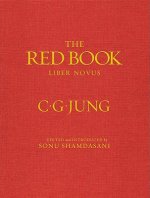
Red Book
1166.76 zł -6 % -
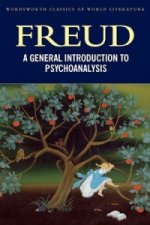
A General Introduction to Psychoanalysis
24.50 zł -23 % -

Inner Gold
103.26 zł -
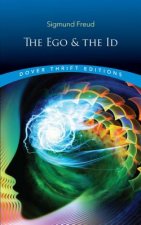
Ego and the Id
15.26 zł -23 % -
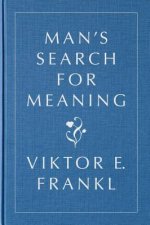
Man's Search for Meaning, Gift Edition
111.10 zł -10 % -

Secret World of Drawings
88.50 zł -23 % -

Psychoanalytic Diagnosis
243.61 zł -
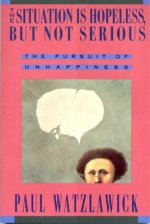
Situation Is Hopeless But Not Serious
70.21 zł -5 % -
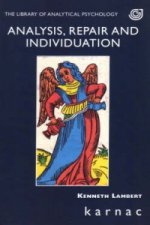
Analysis, Repair and Individuation
293.94 zł -
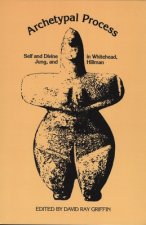
Archetypal Process
144.86 zł -
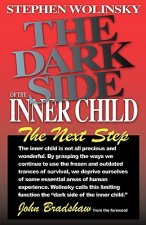
Dark Side of the Inner Child
117.73 zł -1 % -
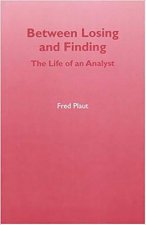
Between Losing and Finding
132.30 zł -
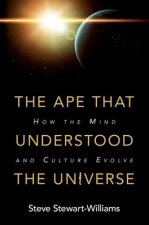
Ape that Understood the Universe
129.28 zł -5 % -
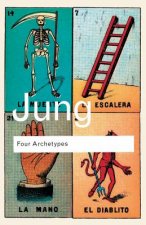
Four Archetypes
98.04 zł -5 % -

Threshold Experiences
166.05 zł -
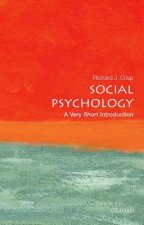
Social Psychology: A Very Short Introduction
42.59 zł -23 % -

Behave
53.94 zł -15 % -
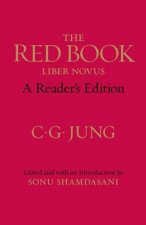
The Red Book – A Reader`s Edition
185.04 zł -5 % -

Emotional Intelligence
46.91 zł -7 % -
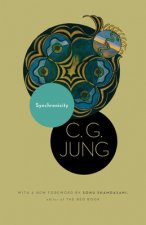
Synchronicity – An Acausal Connecting Principle
49.32 zł -4 % -
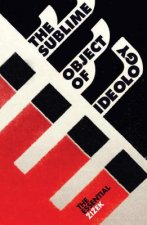
The Sublime Object of Ideology
77.75 zł -14 % -
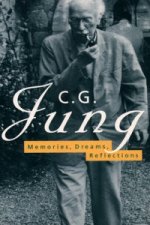
Memories, Dreams, Reflections
61.98 zł -3 % -

Make It Stick
163.44 zł -
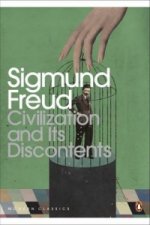
Civilization and Its Discontents
42.59 zł -23 % -

Choice Factory
70.21 zł -23 % -
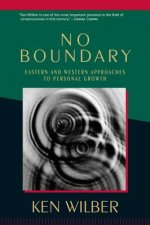
No Boundary
77.35 zł -11 % -

Problem of the Puer Aeternus
105.07 zł -
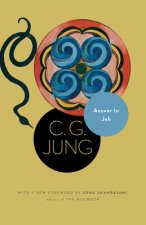
Answer to Job
45.40 zł -4 % -
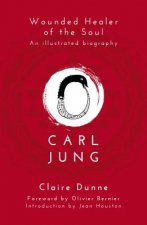
Carl Jung: Wounded Healer of the Soul
115.92 zł -23 % -

Psychoanalyst Meets Marina Abramovic
78.25 zł -4 % -
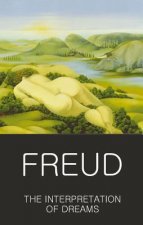
The Interpretation of Dreams
24.50 zł -23 % -
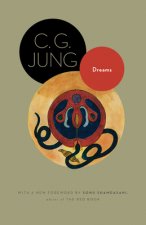
Dreams
88.70 zł -
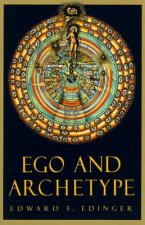
Ego and Archetype
111.30 zł -23 % -
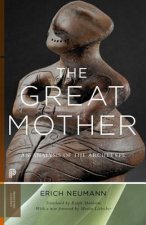
Great Mother
125.17 zł -4 % -
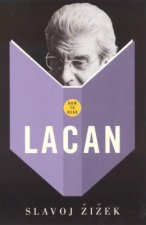
How To Read Lacan
51.83 zł -23 % -
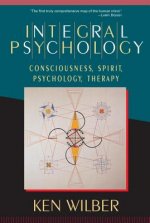
Integral Psychology
111.30 zł -23 % -
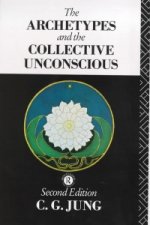
Archetypes and the Collective Unconscious
240.40 zł -
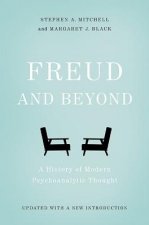
Freud and Beyond
102.16 zł -

Home is Where We Start from
60.97 zł -23 % -
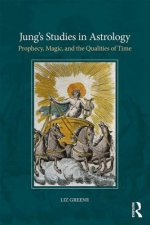
Jung's Studies in Astrology
222.41 zł -
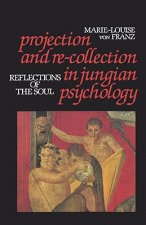
Projection and Re-collection in Jungian Psychology
133.20 zł -5 % -

Dreams
93.62 zł -1 % -
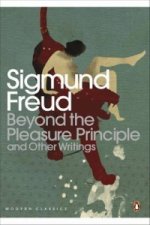
Beyond the Pleasure Principle
60.97 zł -23 % -

Red Book of C.G. Jung
194.18 zł -
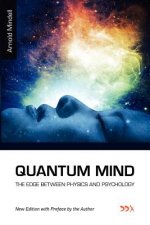
Quantum Mind
138.53 zł -

Ecrits
145.16 zł -5 % -
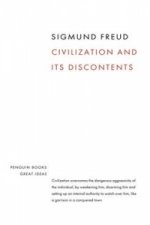
Civilization and its Discontents
35.25 zł -3 % -
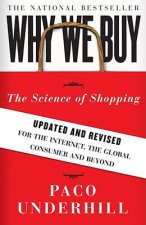
Why We Buy
81.26 zł -5 %
zadowolonych klientów
Od roku 2008 obsłużyliśmy wielu miłośników książek, ale dla nas każdy był tym wyjątkowym.
Copyright! ©2008-24 libristo.pl Wszelkie prawa zastrzeżonePrywatnieCookies



 21 milionów książek
21 milionów książek Dostawa 10.99 zł
Dostawa 10.99 zł (32) 444 93 66 (8-15.30h)
(32) 444 93 66 (8-15.30h)